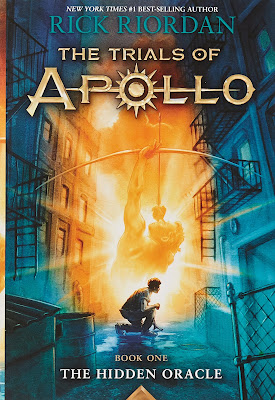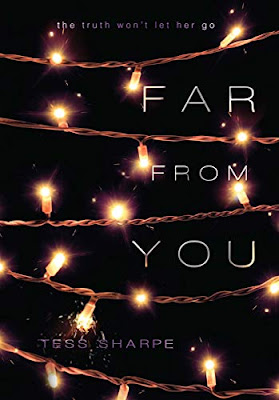Book Review: The Weary Blues by Langston Hughes
Goodreads Description: The Weary Blues is Langston Hughes's first published collection of poems, immediately celebrated as a tour de force upon its release. Over ninety years after its publication, it remains a critically acclaimed literary work and still evokes a fresh, contemporary feeling and offers a powerful reflection of the Black experience. From the title poem "The Weary Blues," echoing the sounds of the blues, to "Dream Variation," ringing with joyfulness, to the "Epilogue" that mimics Walt Whitman in its opening line, "I, too, sing America," Hughes writes clearly and colorfully, and his words remain prophetic and relevant today.
My Review: Nearly 100 years ago, Langston Hughes published his first poetry collection, The Weary Blues, a modern classic that propelled him to the top of the literary scene in Harlem in the 1930s. The Weary Blues takes us on a wide journey through various aspects of Hughes' life, introducing us to Harlem in its heyday, the impact of the Blues, and the beauty and strength of the black community. Hughes combines familiar contemporary language with classical poetry forms, structures, and allusions to give his poetry a sense of timelessness, which makes it accessible to a wide variety of readers. Hughes' collection constantly brings together opposing dichotomies on the page to demonstrate their ultimate similarity: ugliness and beauty, black and white, joy and suffering. In this way, The Weary Blues draws on multiple aspects of the human experience to create a rich image of life as a black man in 1920s America.
Langston Hughes is known for his involvement with the Harlem Renaissance, a period of cultural revival for black art during the 1920-30s, which laid the groundwork for civil rights movements and the Black Arts Movement of the 1960-70s. Throughout his poems, Hughes plays with major ideas that shaped the Harlem Renaissance - such as art as propaganda to support black civil rights movements, and double consciousness - the idea that black people experience two separate 'consciousnesses': life as a black person and an American. Hughes utilizes his poems as a form of propaganda to fight back against white oppression by showcasing blackness and black people as divinely beautiful, while highlighting the suffering and disconnect that comes from systematic oppression. In that way, many of his works are extremely powerful, and when taking the collection in whole, it's hard not see the outpouring of love that Hughes has for his community, his heritage, his country, and ultimately himself. It's this self-love and self-respect that allows Hughes' art to advocate for his community while refusing to submit to a lesser station in society to earn acceptance. His poetry loudly states: we are beautiful, we are strong, and we are capable of greatness, so why don't we deserve a seat at the table? It's a message that never gets old.
The influence of Blues music remains strong throughout the entire collection. Hughes had a deep understanding of rhythm and infused this into the bones of his poems. The titular poem, "The Weary Blues" does an excellent job at recreating the sound of a Blues song, but it's "The Cat and the Saxophone" that really captures this Blusey feeling for me. The poem feels a bit all over the place, with people talking over a Blues song, but the use of caps, line breaks, rhythms, and stresses expertly recreates the sound of a swinging trumpet and its long soulful notes. The parts of the collection that are less focused on music, such as the sailor arc, utilize different rhythms that emphasize silence (think calming ocean white noise) which sharply contrast with the Blues pieces. This is what makes the Blusey pieces really pop, as readers can hear the difference between the various rhythms. The collection utilizes classical poetry forms throughout, while also mixing in more expressive free verse poems that capture the lack of structure during certain parts of Hughes' life (his sea-faring poems are largely freeverse). This change of form and style gives a refreshing diversity to the pieces in this collection, however, Hughes largely sticks to simple page arrangements while constructing his poems, leaving little for the eye to feast on besides the meat of the stanzas themselves. Many of the poems are short, some even only three lines long, and while his short pieces are meaningful, it feels like a potential is missed out on by not experimenting more with the white space. This may be an unfair criticism, since concrete poetry and experiments in white space didn't really kick off until the 1950s, but I did find myself really missing the aesthetic arrangement, especially for those really short, powerful pieces.
All in all, Langston Hughes' first poetry collection is filled with joy, pain, music, and wisdom, all packed within tight little stanzas. Even after 100 years, his astute observations and use of language resonates with readers of any background and makes The Weary Blues an excellent addition to any poetry collection.
TL;DR: 3/5 stars. A modern classic that celebrates the beauty and majesty of the black community.










